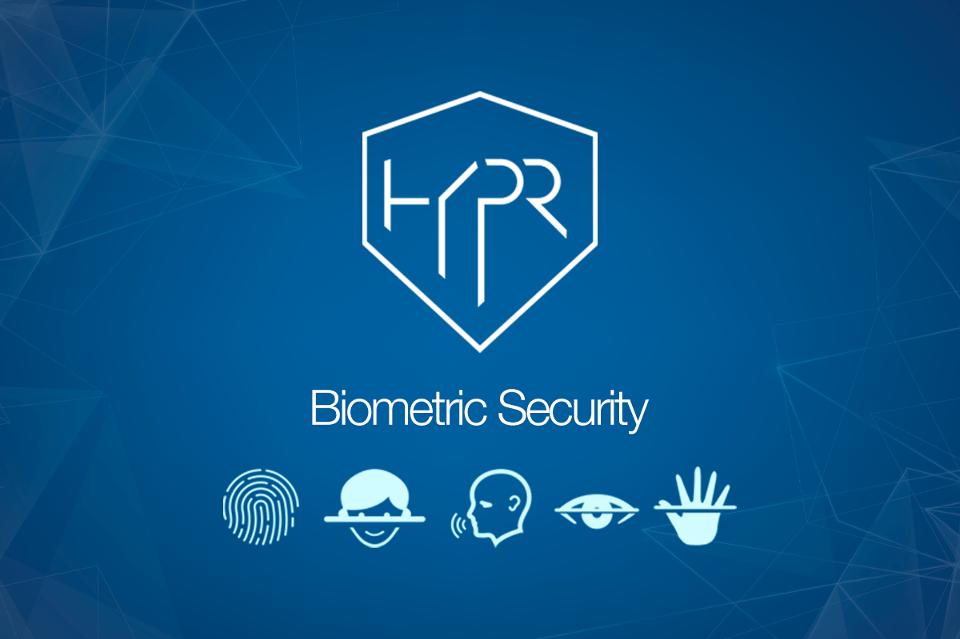Pixabay
Decentralized IOT Identity
The reputation of applied sciences just like the self-driving automotive and Amazon Echo are rising; it’s not exhausting to think about a world the place your espresso maker is aware of when to summon your morning Uber to work, and it arrives with groceries and laundry detergent, ordered instantly by your fridge and washer, as they’ve acknowledged that they had been low on provides.
This future will likely be powered by a set of inanimate objects related by means of an rising community often known as the Internet of Things. However, simply because the safety across the switch of information between people and corporations is required to safeguard humans from identity theft, the identical will likely be required for objects throughout the Internet of Things.
Identity safety is an rising space for the The Internet of Things. Millions of cheap shopper units ship with a default username and password, however a few of them find yourself in your home. Last winter a bit of software program known as Mirai herded tons of of hundreds of residence routers and cameras into probably the most potent botnet ever, which then generated the primary terabit scale distributed denial of service ever seen.
What if there have been an answer that permitted corporations to reliably determine their buyer’s units with out placing them within the place of holding buyer information? What if there have been a means to make sure IoT units solely accepted configuration from their reputable house owners? I talked to HYPR CEO George Avetisov about their biometrics and UniquID CEO Stefano Pepe about their machine identification work to get a greater really feel for a way blockchains will likely be used to resolve these issues.

HYPR
HYPR Logo
The service HYPR offers is a framework for passwordless authentication by way of biometric encryption. They don’t develop biometric units, the main target of their innovation is making a distributed, secured system primarily based on current, examined expertise.
We’ve coated the concept of cryptographic fingerprints here previously. Any digital merchandise might be topic to some type of cryptographic hash, then the hash can be utilized to test the validity of a digital merchandise with out the validator needing to have a replica. As an instance, your cellphone’s fingerprint reader does one thing involving a scan and an organization that has entry to a hash of your fingerprint’s digital illustration can validate you, however they don’t have the power to impersonate you.